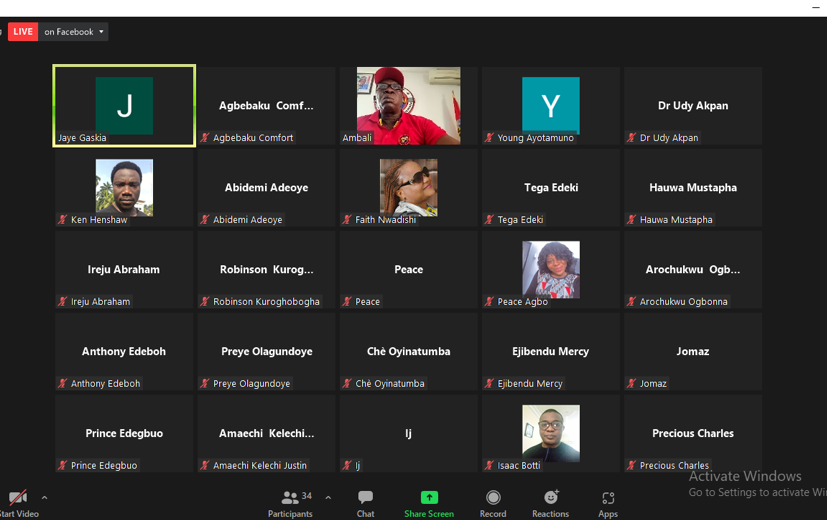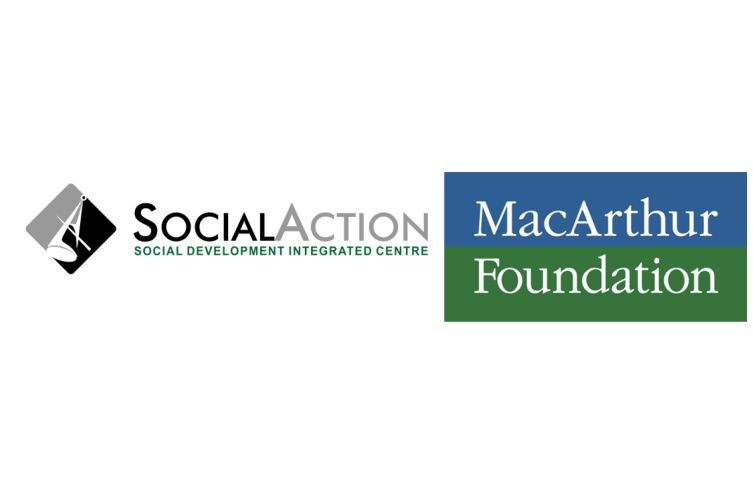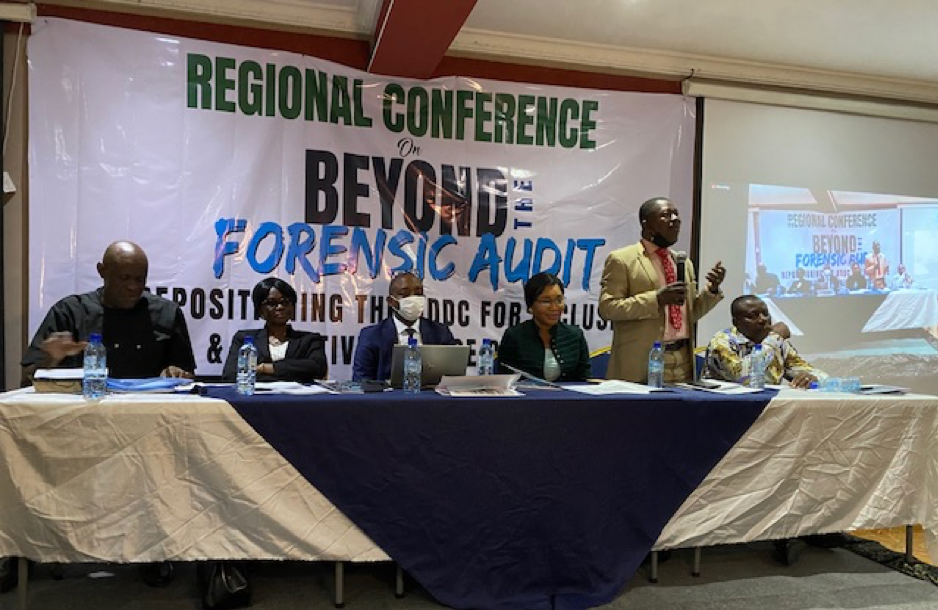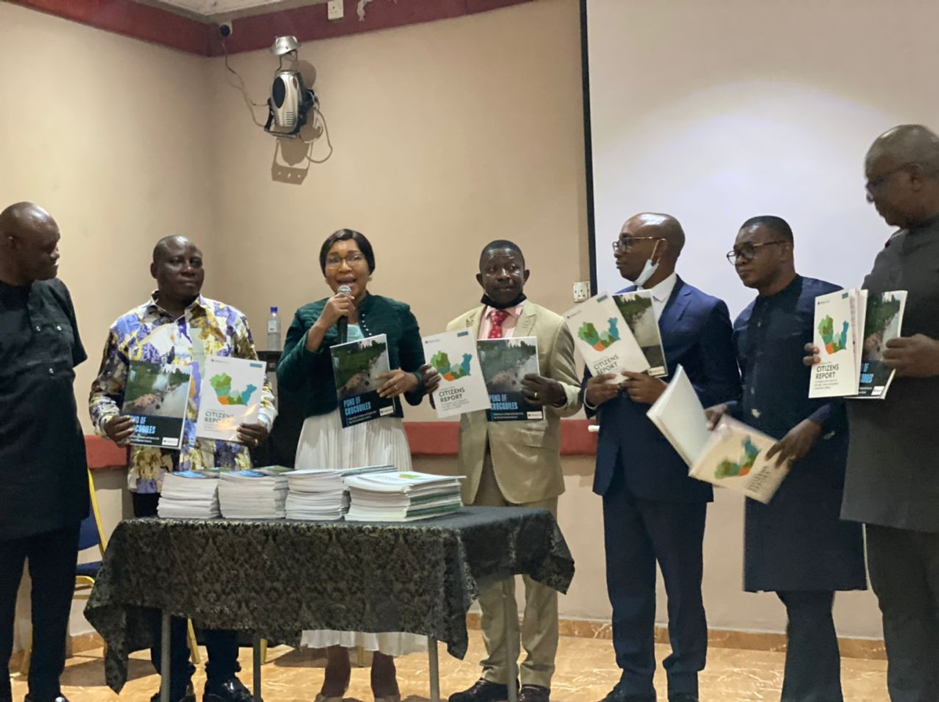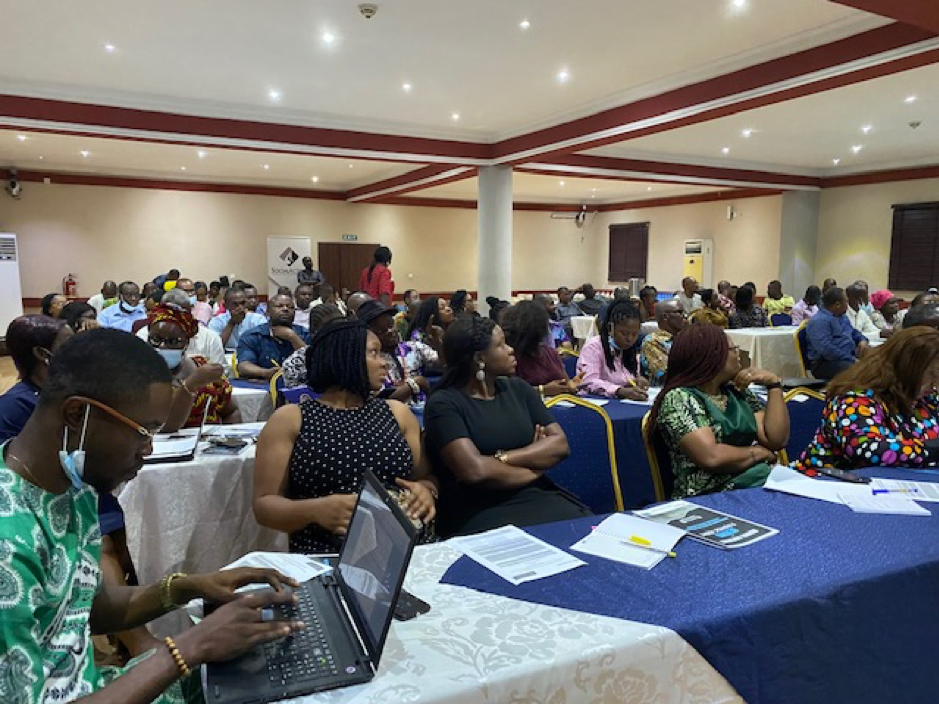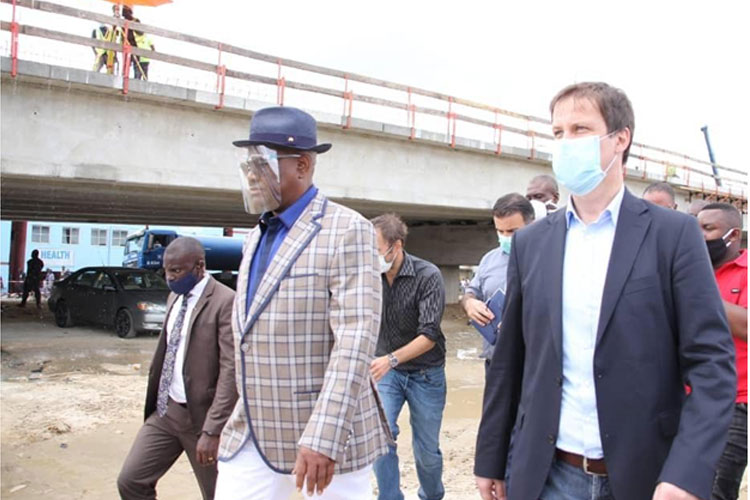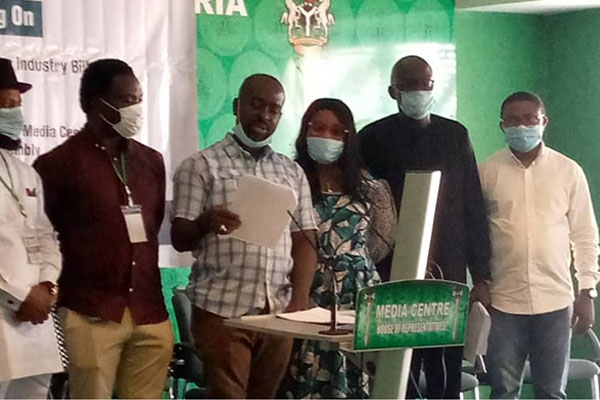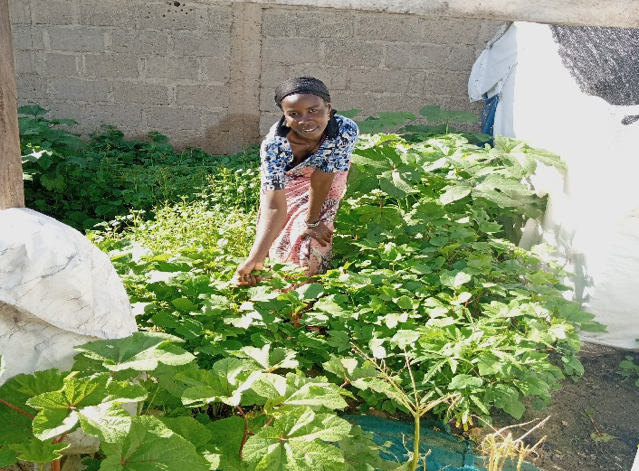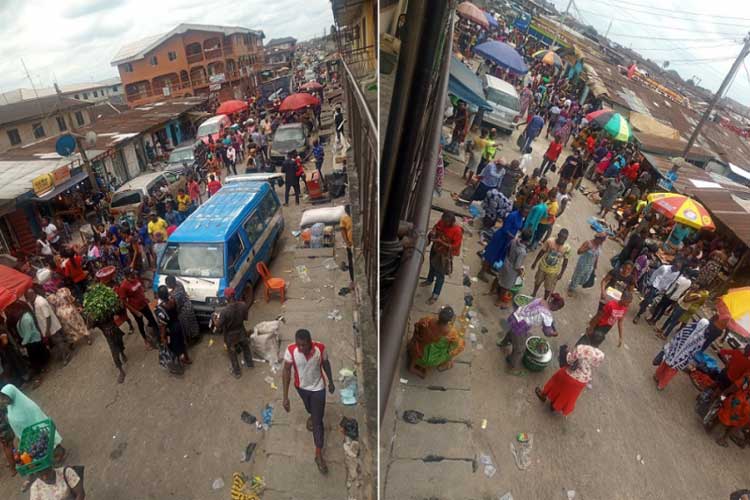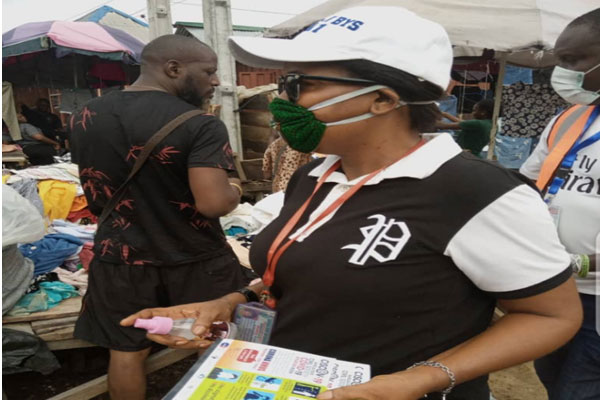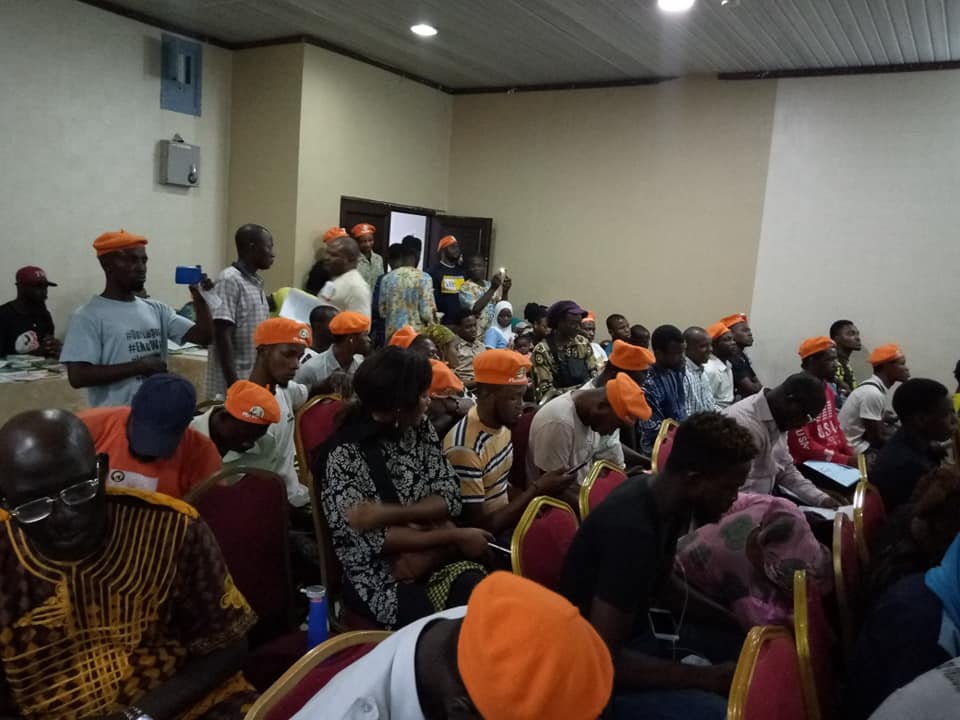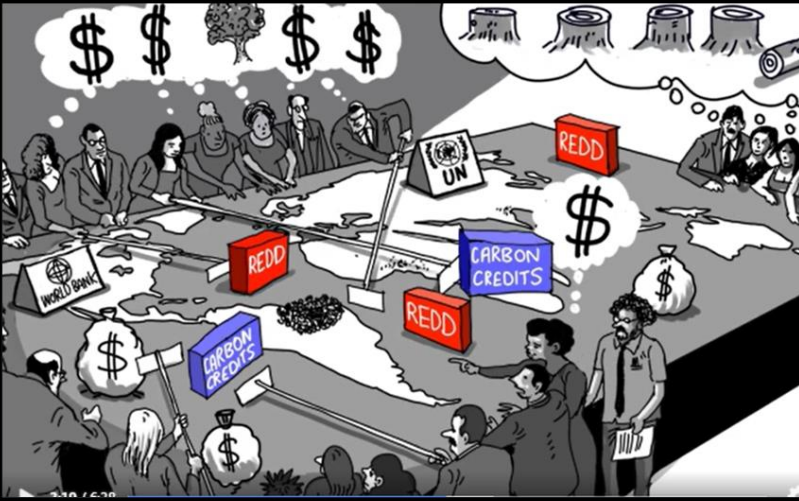
“Paying Africa to allow polluting industries and companies to continue wrecking the planet is just another type of neo-colonialism.”
This was the summation of Cassandra on the different carbon conservation programmes and schemes of the West as she spoke on the theme “Planet Grab: Converging, Compounded Colonialisms of CONservation, Carbon Markets and Extractivism“
Speaking via Zoom from the US, Cassandra opined that Africa Carbon market Initiative was launched as another (neo-colonial scheme) to dramatically expand Africa’s participation in voluntary carbon market. Unlike the colonial era when Europe through the 1884 Berlin Conference “shared” Africa among itself and forcefully took over the rich geographical expanse, this time Africa is being made to willing submit its land and airspace to the same old colonial land grabbers.
Rather than reduce carbon emissions, information sources reveal that Carbon Markets earned 24 billion euros from the European carbon market from 2008-2014. In a slide she shared, The Guardian reported that, rather than reducing carbon emissions, the United Nations Kyoto Protocol’s carbon trading “increased emissions by 600 million tonnes”, making climate change worse
The slide further revealed the following
- Between 2008 and 2014 carbon-intensive industries in Europe profited by at least C24 billion from the EUs flagship market for reducing CO2. The heavy profiteers are Germany, UK, France and Spain.
- Scorched Earth campaign against People who subsist on hunting and wild honey evicted with AK-47s over 1,000 homes torched Cultural genocide linked to CONservation and Carbon Offsets
- Mozambique’s REDD program amounts to multigenerational carbon enslavement. Farmers get paid as low as $63 per family annually for seven years to plant and care for trees to reduce pollution in Europe and the US, but the contract requires them to keep doing so for 99 years. In the case that the farmers pass away, their offspring will be required to continue caring for the trees for free. The Africa Report calls the N’hambita project “a clear case of carbon slavery.”
Major Threats
- Using living beings as sponge for pollution
- Deforestation
Deforestation is happening four times more than any other continent in the world, resulting in a loss of roughly 40,000km2 per year
- Elephant Forestry Increase
Each forest elephant can stimulate a net increase in carbon capture in central Africa rain forest of 9,000 metric tonnes of carbon dioxide per km2
- Poaching
Centuries are required for forest elephants to recover to their historic population level of 1.6 million from their current population of about a hundred thousand
She concluded that the carbon colonialism not only is a carbon copy of classic colonialism, but it also compounds colonialism. REDD + Lion Carbon enables a European oil firm to become “an active member in the governance” of the largest instance of carbon colonialism in Africa, as well as to grow its oil and gas exploitation in Africa with a massive multinational land grab (about the size of Iceland). This, she emphasises is not just a fallacious response to climate change, which will hasten the extinction of peoples and wildlife in Africa as well as instigate dangerous temperature increases. And it’s not just a little part of the Planet Grab. This is a POWER GRAB. This is the coup d’état of Nature.

